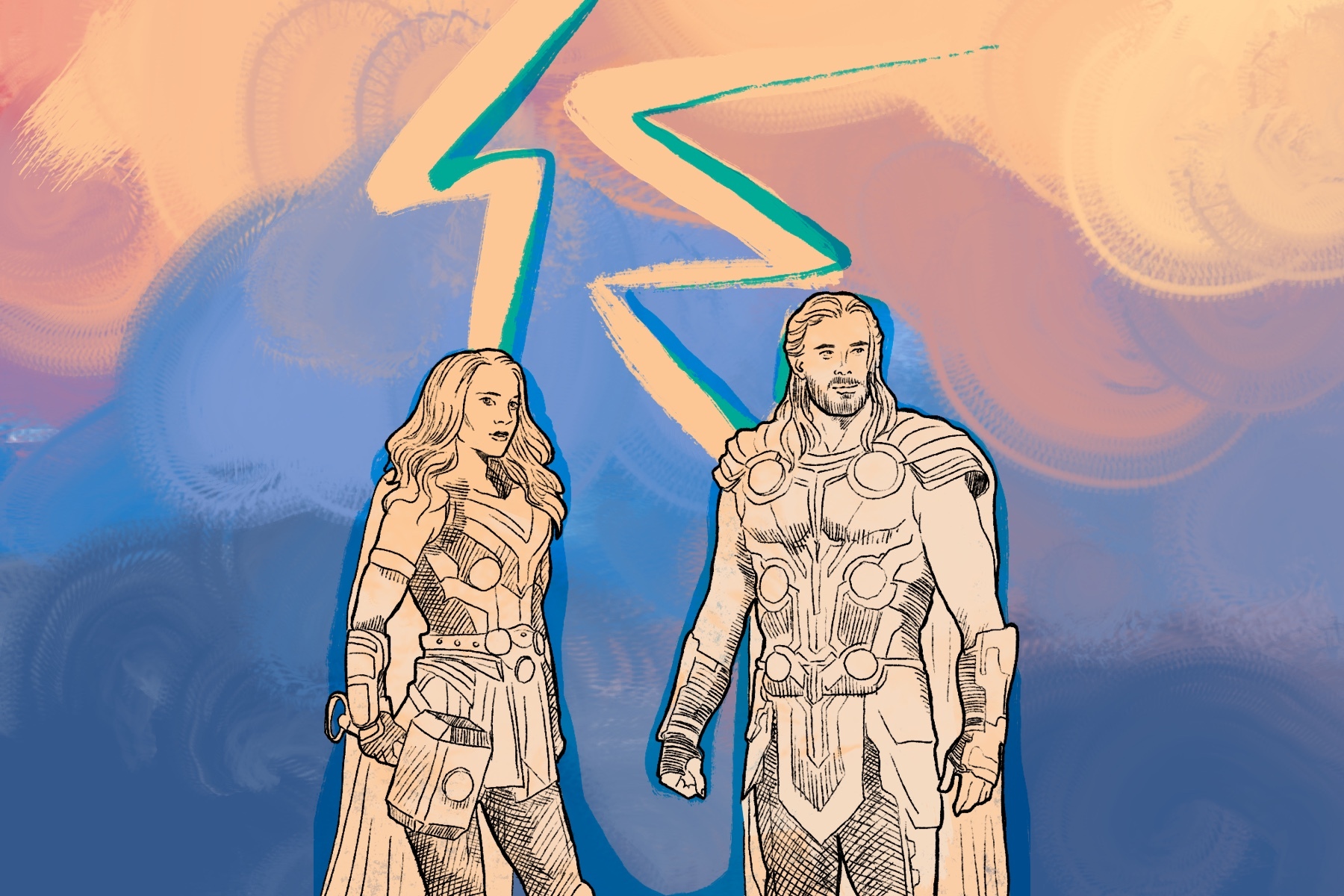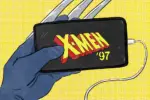There are a few reasons “Thor: Ragnarok,” the third installment in the “Thor” film series, was such a phenomenal hit. The movie boasted a great cast, even greater writing and a display of bold visuals that fit the tone of Thor exceptionally well. But above all else, “Ragnarok” owed its success to an unexpected freshness, thanks to the film’s director, Taika Waititi. Marvel chose Waititi to helm the third “Thor” project due to a feeling that the previous two films in the series hadn’t done justice to the title character. And while there must have been a great deal of pressure to head such a big-budget film after only directing indies, Waititi surpassed all expectations.
There’s no doubt that Waititi revamped the “Thor” movies for the better, bringing his trademark humor and some much-needed color to a franchise that was in danger of collapsing in on itself. As a result, “Thor: Ragnarok” is now considered by many to be one of the best Marvel films. Of course, it’s hard for any director to follow up with another huge hit. In a lot of ways, “Thor: Ragnarok” had an advantage that “Thor: Love and Thunder” was never going to have: the element of surprise.
So, it’s no wonder that many critics say the sequel “falls short of expectations” or is “significantly more flawed than its franchise predecessor.” Really, what were the chances that Waititi could top his most successful movie yet? “Thor: Love and Thunder” may not stand on the same level as “Ragnarok,” but this in no way means that it isn’t an absolute blast, a fun-loving joyride that will have you doubling over in laughter. There’s lots of heart and oodles of cheesiness, but Waititi’s message is clear: Don’t take this stuff too seriously. It’s a superhero movie. Just let yourself have fun.
“Thor: Love and Thunder” picks up where “Endgame” left off, with Thor Odinson (Chris Hemsworth) tagging along with the Guardians and trying to discover himself in this new world. New Asgard, a little village on Earth that’s now home to the surviving Asgardians, has turned into a thriving tourist destination led by King Valkyrie (Tessa Thompson). When Thor hears of the ruthless Gorr the God Butcher (Christian Bale) and his mission to destroy all the gods of the universe, he returns to New Asgard to defend his people, beginning a journey across the galaxy to save the Asgardians from this new villain.
The film may not have the most novel plot, but Marvel isn’t exactly known for its groundbreaking narratives — and besides, the humor of “Thor: Love and Thunder” more than makes up for a generic plotline. If you’re laughing the whole time, can you really complain about the plot? From the beginning, there are moments of pure absurdity that could only come from a terrific comedic screenwriter like Waititi. Some of the particularly amusing scenes involve Cronin mating rituals and a pair of screaming goats that stole every scene they were in.
A few of the particularly ornery critics out there have said the movie’s goofiness is tired and can’t hide the fact that the film isn’t saying anything new. But if viewers look closely, I think they’ll find that the ending of “Love and Thunder” offers something that many previous Marvel films haven’t: a message founded on love rather than fighting. Yes, the film may prioritize humor more than most superhero flicks, but the cast and crew are also able to take the movie’s tone in a more serious direction when necessary.
It’s important to mention that a lot of the criticism leveled against “Thor: Love and Thunder” isn’t exactly about the film on its own, but about the overwhelming power that Marvel has in the movie world. Many film lovers, even those who might call themselves Marvel fans, are definitely feeling overwhelmed by the sheer magnitude of the Marvel Universe. This fourth “Thor” film is almost the 30th entry into the MCU, a monumental achievement that’s unprecedented in movie history. I am one of those people who avoid Marvel films because, in my view, nearly every one of their movies is doing the same thing, with explosive, headache-inducing action and characters I have no reason to care about.
I’ve avoided Marvel movies since I was dragged along to see “Avengers: Endgame” in 2019 out of a belief that Marvel — and Disney, by extension — is essentially killing creativity in the industry and are pumping out movies and TV shows just to make a profit. Basically, I’m one of those people who agrees with Martin Scorsese’s controversial assessment that “Marvel movies aren’t cinema,” and that “in superhero movies, nothing is at risk.” I have my own problems with Scorsese, but he hit it completely on the nose there.
After seeing “Thor: Love and Thunder,” my mind hasn’t changed. I still reject the Disney-Marvel formula and mourn every indie director who’s seduced by the big, fat paycheck that Disney throws their way. But I also know that “Thor: Ragnarok” is one of my favorite movies (and has been since its release in 2017). It’s a movie that I’ve seen more than once for the laughs it brings. And though I doubted whether Taika Waititi could tap into that same magic again, my doubts completely withered away within the first act of the film. Just the fact that he was able to keep trusting his own style in his second project with Marvel is no small feat. His films are known for their humor and big heart, and “Thor: Love and Thunder” is no exception. I certainly won’t be seeing any more Marvel movies for a while, but I’m definitely glad I interrupted my Marvel hiatus to see this film.
It’s difficult to describe just how low my expectations for this movie were. Seeing as Waititi is perhaps my favorite working director and that almost all of his movies are favorites of mine, I was dismayed by the negative reviews online and steeled myself for the blow of seeing the first bad Taika Waititi film. But thankfully, my expectations were more than exceeded. One of the best parts of “Thor: Ragnarok,” the part that most people loved, was the fact that everyone was clearly having fun and the film didn’t suffer from any grandiosity or inflated ego, as so many other superhero films do.
“Thor: Love and Thunder” keeps that same laid-back, fun energy intact, and though it might not be as fresh as the first time around, it’s still great to see a superhero movie driven by love, self-discovery and some lighthearted silliness. It may not change your life, but it will deliver more than a few good laughs — and from a movie that’s fundamentally about a muscular Norse god and his magical ax, what more could you ask for?

















